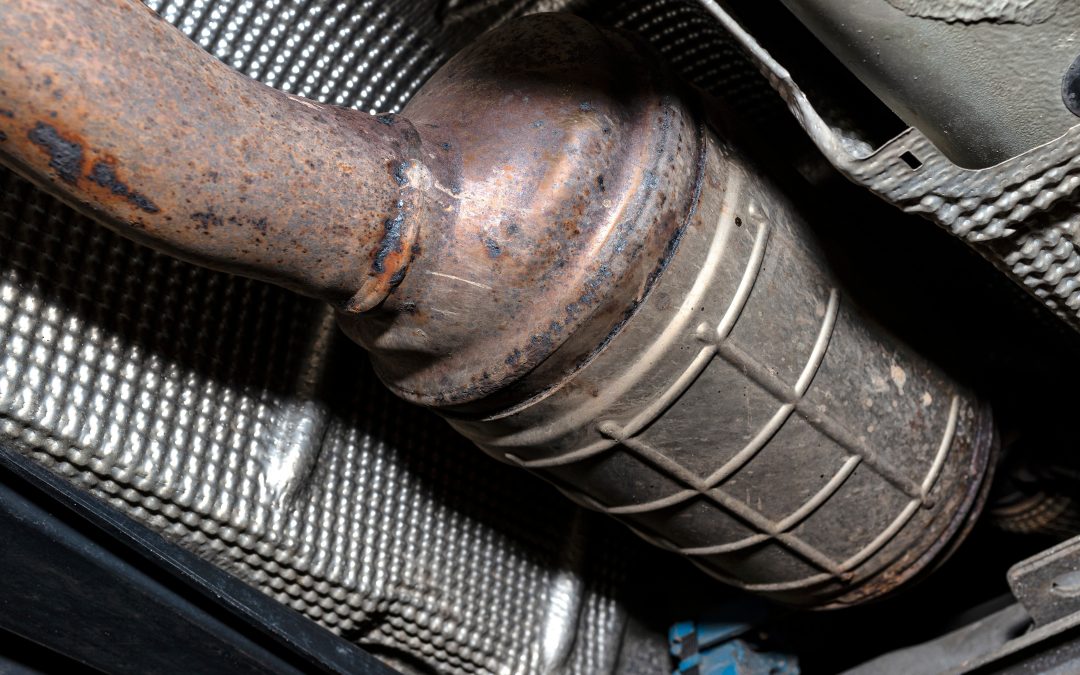How to Keep Your Car and Wallet in Top Shape
If you own a diesel car, it’s likely fitted with a Diesel Particulate Filter (DPF). However, comprehending what a DPF is and how to appropriately care for it might be an enigma to many. These filters have been a fixture in diesel-fuelled vehicles for nearly two decades, and neglecting them can lead to serious consequences. In this blog post, we’ll demystify the DPF and provide you with essential tips to keep your car running smoothly.
Demystifying the DPF
First things first, what precisely is a DPF? A Diesel Particulate Filter is a cunning device designed to capture exhaust soot, diminishing harmful emissions. Nevertheless, DPFs have a finite capacity, so the accumulated soot needs to be periodically emptied or “regenerated” to renew the filter. This regeneration process helps minimise exhaust emissions and prevents the dreaded black smoke, especially during acceleration.
But here’s a critical piece of information: it’s illegal to remove a DPF from your diesel vehicle. If you’re caught doing so, you could face fines of up to £1,000 and risk voiding your car insurance.
Signs of a Blocked DPF
Wondering how to tell if your DPF is blocked? Keep an eye on your dashboard. When soot builds up or a fault occurs in the DPF, an orange warning light will appear, signalling a problem.
Common Causes of DPF Blockage
Short trips at low speeds are the primary culprits behind blocked DPFs. In fact, car manufacturers often recommend opting for a petrol car for those frequent short journeys. Additionally, poor servicing can lead to DPF failure. A well-maintained DPF should last around 100,000 miles.
Choosing the right oil for your car is crucial; some motor oils contain additives that can clog or damage your DPF. Aftermarket performance modifications, low-quality fuel, and running your car with low fuel levels can also harm your DPF.
Maintaining Your DPF
To keep your DPF healthy, it’s essential to ensure it can regenerate when needed. There are two types of DPF regeneration: passive and active.
Passive Regeneration
Passive regeneration occurs during long motorway journeys when the car’s speed increases exhaust temperature, burning off excess soot. It’s a good practice to give your diesel vehicle a 30 to 60-minute run on a motorway or A-road periodically.
Active Regeneration
Active regeneration involves the automatic injection of extra fuel by the vehicle’s ECU when the filter nears its limit. This raises the exhaust temperature, burning off accumulated soot. However, short trips may hinder this process, and the warning light may stay on. To complete a regeneration cycle, drive for at least 10 minutes at speeds over 40mph.
Signs of active regeneration include slightly higher fuel consumption, deactivation of automatic Stop/Start, and a distinct odour from the exhaust.
When Regeneration Fails
If the dashboard warning light persists or turns red, don’t delay—seek help from a specialist. Ignoring the issue can lead to more significant expenses down the road. A blocked DPF can often be cleaned through a process called “forced regeneration,” typically costing around £100. This procedure is highly effective in removing excess soot and restoring the DPF’s ability to regenerate.
MOT Testing and DPFs
Since February 2014, DPF checks have been part of the MOT test. If your filter has been removed, your car will fail the MOT. Additionally, DPF removal will trigger the dashboard warning light, resulting in an instant MOT failure.
The Cost of a New DPF
Finally, it’s worth noting that DPFs can be expensive components. Manufacturers may charge over £1,000 for a replacement, depending on your car’s make and model. In some cases, the cost of a new DPF can exceed the value of the vehicle. While third-party suppliers may offer cheaper options, be cautious and ensure they have the correct ‘Type Approval’ to avoid potential issues and more significant repair expenses.
In conclusion, understanding and properly maintaining your DPF is crucial for both your car’s performance and your wallet’s health. By following these tips, you can ensure your diesel vehicle runs smoothly and passes its MOT with flying colours, all while reducing harmful emissions.
Call us on 01489 662 000 or email at sales@segensworth-automobiles.co.uk to learn more.
